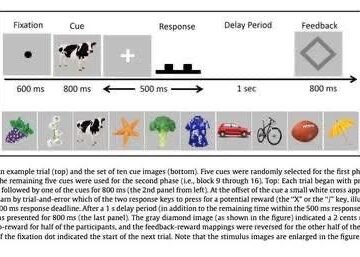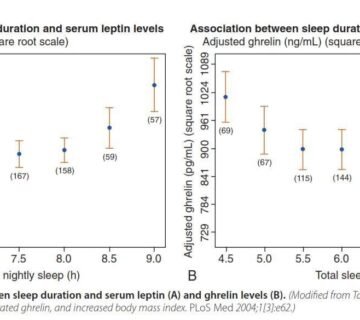3 Key Differences Between a Psychiatrist and a Psychologist…
There’s often a lot of confusion between the roles of a psychologist and a psychiatrist, especially since they usually work together as part of the same team. The problem is, this confusion often comes at the expense of the patient, who in many cases actually needs help from both professionals. So let’s try to explain the difference in a simple and clear way.
1. Focus of Study
- The psychologist primarily focuses on thoughts, emotions, and behaviors — how they connect, how to understand them, and how to help the patient gain better self-awareness and use these insights to their advantage. They also explore how personal motivations and personality traits may contribute to mental health conditions.
- On the other hand, the psychiatrist mainly focuses on understanding how symptoms develop from a biological perspective — how the physiology of the nervous system and different brain functions might lead to these symptoms and how they contribute to the onset of mental disorders.
2. Diagnosis
- Here, the two roles overlap to some extent, especially when the psychiatrist works closely with a clinical psychologist.
- However, formal medical diagnosis typically falls under the psychiatrist’s responsibility. That’s because proper diagnosis doesn’t only involve identifying psychological symptoms — it also requires clinical examination of physical symptoms that might resemble mental health conditions. For example, disorders like thyroid dysfunction or anemia may present symptoms similar to those of psychological disorders. That’s why the psychiatrist’s role is essential for ensuring a correct and comprehensive diagnosis.
3. Treatment
- A psychologist relies primarily on talk therapy (psychotherapy) in its many evidence-based forms. Although it’s “talk-based,” psychotherapy can change brain chemistry and improve the brain’s internal balance. It’s not just venting — it’s a structured way of understanding thoughts, managing emotions, and adjusting behaviors.
- The psychiatrist, on the other hand, usually approaches treatment through medication, which can sometimes be essential and central to recovery. In many cases, a patient will not improve with therapy alone unless their nervous system’s physiological function is stabilized through medication. Psychotherapy can then support and enhance this process.
- Ultimately, the choice between medication and therapy — or a combination of both — depends on the nature of the illness, the type of symptoms, and how they present. In fact, in many cases, the combined approach is the most effective path to improvement and healing.





